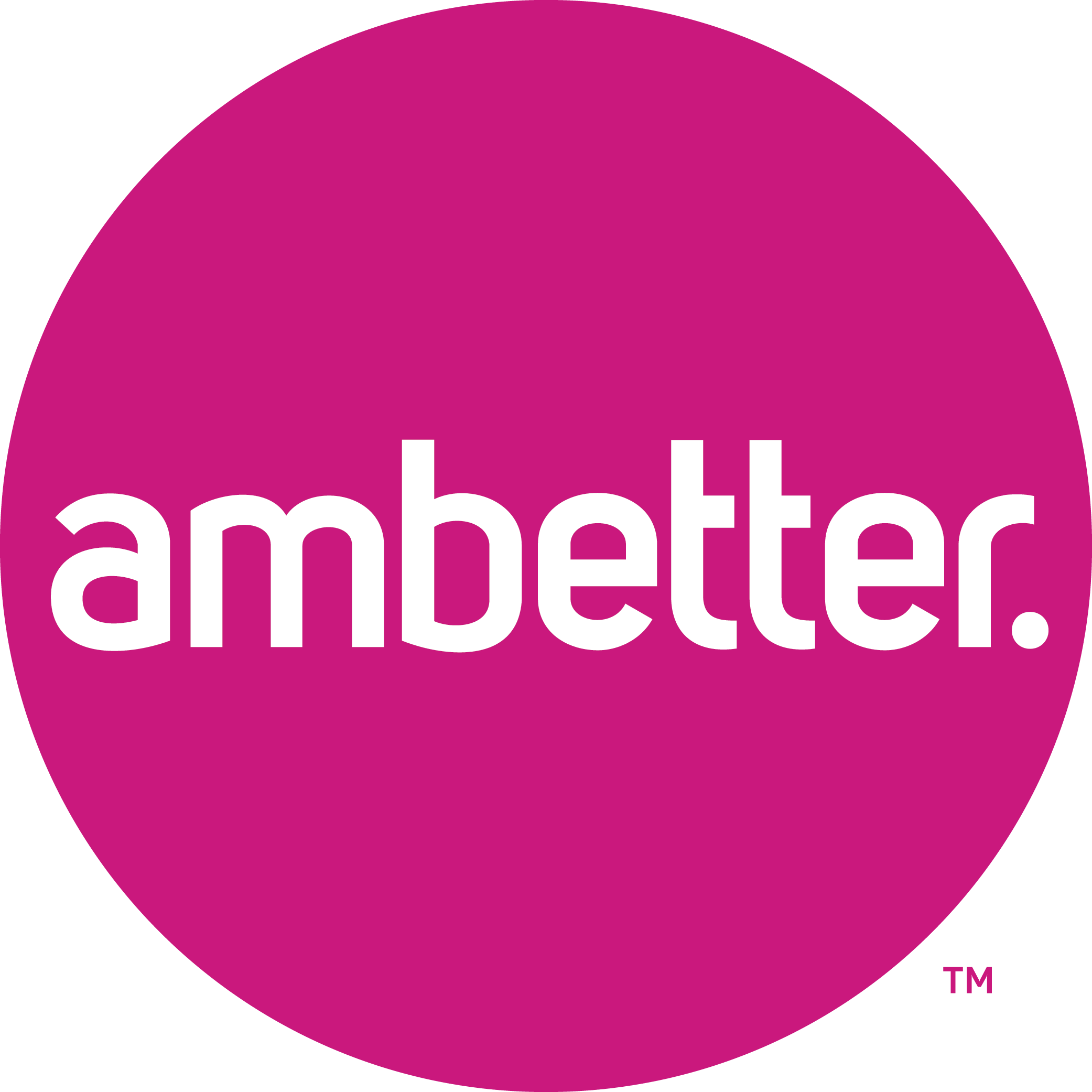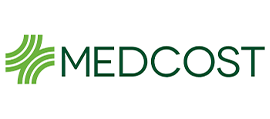Complementary Therapies for Mental Health
Mental health disorders are complex diseases that can affect every area of a person's life. Mental health facilities should offer various psychotherapeutic treatment modalities to address the symptoms and underlying causes of disorders like depression and anxiety, as well as the impact they have on the individual's life. In addition to our disorder-specific treatment programs, our Banyan rehab in Boca Raton, Florida, also offers complementary therapies for mental health that add to patients’ recovery journey.
Our Unique Therapy Techniques in Boca Raton
The purpose of therapy for mental health is to help the individual understand their condition as well as its causes, symptoms, and how to live a happy and fulfilling life with their disorder. Mental health disorders like depression, anxiety, obsessive-compulsive disorder (OCD), post-traumatic stress disorder (PTSD), and others can become debilitating and affect an individual’s ability to complete basic tasks and focus on their responsibilities.
Mental illness also has an impact on the individual’s friends and family, as they struggle to understand how their loved ones feel and why they behave a certain way. To help our patients navigate life with their conditions, Banyan Treatment Centers in Boca offers inpatient and outpatient therapy for mental health that acts as a supplement to our other levels of care.
Below are the various types of therapeutic holds that we utilize at our mental health rehab in Florida that are incorporated into our condition-specific programs to teach patients how to live healthy and happy lives with their conditions.
Biofeedback Therapy
Biofeedback is a mind-body technique that involves using visual and auditory feedback to teach the individual how to recognize the physical signs and symptoms of stress and anxiety, which could potentially contribute to their mental health disorder. Physical signs that patients may be asked to look out for include increased heart rate, increased body temperature, sweating, muscle tension, and rapid breathing.
By learning how to control their physical and psychological responses to stress and fear using biofeedback, we believe that patients can learn how to relax their minds and bodies to cope with their symptoms better. The goal of biofeedback is to make subtle changes in the body to achieve calm.
Cognitive Behavioral Therapy
Cognitive-behavioral therapy (CBT) is a form of psychotherapy that’s centered on helping the individual recover from their mental health or substance use disorder by identifying the connection between their thoughts and their behavior. CBT is based on several principles, including:
- The belief that psychological problems are based (partly) on unhelpful ways of thinking
- The belief that psychological problems are based (partly) on learned unhelpful behaviors
- People suffering from psychological problems can learn better ways to cope with them, relieving their symptoms and become more effective in their lives and the lives of others
The goal of CBT for mental illness is to help the individual recognize their distorted thinking and re-evaluate them in light of reality, gain a better understanding of the behavior and motivations of others, develop problem-solving skills to cope with tough situations, and develop a greater sense of confidence in their own abilities. CBT for mental health helps patients identify the type of thoughts that are contributing to their condition, how they affect their behavior, and how they can change these negative patterns of thinking to improve their symptoms.
Dialectical Behavioral Therapy
Dialectical behavioral therapy (DBT) is a form of CBT used in the management of psychiatric disorders and addictions in which it teaches patients skills to cope with and change unhealthy behaviors. The idea of this therapy technique is to bring acceptance and change together for better results in the long-term management of symptoms.
DBT includes individual therapy, group skills training, and phone coaching (in cases of crises between sessions). Patients also agree to do “homework” in which they may be asked to keep a daily journal or keep track of their emotions, urges, behaviors, and skills.
Dialectical behavioral therapy is most often used to help patients with high-risk or multiple disorders, including suicidal behavior and borderline personality disorder. However, it’s also available to patients with other mental health problems that threaten their safety, relationships, career, and emotional well-being.
Equine-Assisted Therapy
Equine-assisted therapy, also called equestrian therapy or horse therapy, is one of our more experiential therapeutics tools for mental health offered at our mental therapy center in Boca. Equine therapy derives from the practice of hippotherapy (from hippo, the Greek word for horse) invented by the Ancient Greeks.
During equine therapeutic sessions, patients work with a psychotherapist and horse trainer as they ride, tend to, and spend time with horses that have been trained to withstand a great deal of distraction and tolerate unpredictable behavior from people riding or grooming them. Patients in this therapy program will have the opportunity to feed, groom, and pet horses at our facility to promote emotional stability, induce calm, and encourage accountability and responsibility.
Motivational Interviewing
Motivational interviewing (MI) is a therapy technique designed to empower patients to make actionable behavioral changes through an interview-style discussion with a licensed therapist. This technique mainly focuses on change talk in which patients vocalize their need and desire to change their lives.
Benefits of motivational interviewing for mental health include:
- Teaching patients to visualize a future without addiction or mental health-related struggles
- Helping patients realize they have the power to change their lives
- Offering a safe and judgment-free space where patients can talk about their problems
- Making patients more mentally receptive to other forms of mental health treatment
- Helping patients discover the motivation to make necessary changes and the reasons why these changes are necessary
- Teaching patients to take responsibility for themselves
- Building the patient’s self-confidence
We believe that a patient is more likely to respond to treatment when they have the motivation and desire to change. They will only go as far as they allow themselves to go, so we make sure that we can help them by reminding them of their potential.
Solution-Focused Based Therapy
Solution-Focused Brief Therapy (SFBT) is a short-term, goal-focused, and evidence-based therapy approach to treating addiction and mental health disorders. The goal of SFBT is to help patients change their thought and behavioral patterns by having them construct solutions rather than focusing on problems.
SFBT practitioners develop solutions by generating a detailed description of how the patient’s life will be different once the problem is resolved or the situation has improved. Therapists and clients work together to search through the client’s life to identify previous “exceptions” or moments when the client successfully coped with or addressed previous difficulties and challenges. In a respectful and confidential interview-style session, the therapist and their client collaborate to identify the goals that the client wants to achieve.
Military & Veterans in Recovery
Our methods of counseling for mental health and addiction are also offered to veterans and active-duty military. Military servicemen and women are often exposed to dangerous and traumatic situations that may contribute to substance abuse and mental illness.
Many of these individuals struggle mentally and emotionally due to the trauma they experience or have experienced during combat or deployment. The most common mental health disorder among veterans and active-duty military members is post-traumatic stress disorder (PTSD), which is the result of chronic trauma-related symptoms.
In their attempt to cope with the symptoms of their mental health disorders, military personnel and veterans may take up drug or alcohol abuse. In the end, this only exacerbates their symptoms and places them at risk of developing an addiction, as well.
To combat this pattern among the men and women who have fought for our country, our mental health facility in Florida offers a Military & Veterans in Recovery program that provides addiction and mental health therapy designed for veterans and active-duty military.
Contact Us Today
At Banyan Boca, our goal is to help our patients understand the underlying factors of their conditions and develop mental health symptom management skills so they can live happy and fulfilling lives despite their disorders. If you or a loved one is struggling with mental illness and is seeking treatment, we can help.
For more information about our inpatient mental health treatment and complementary therapies for mental health, contact us today.











